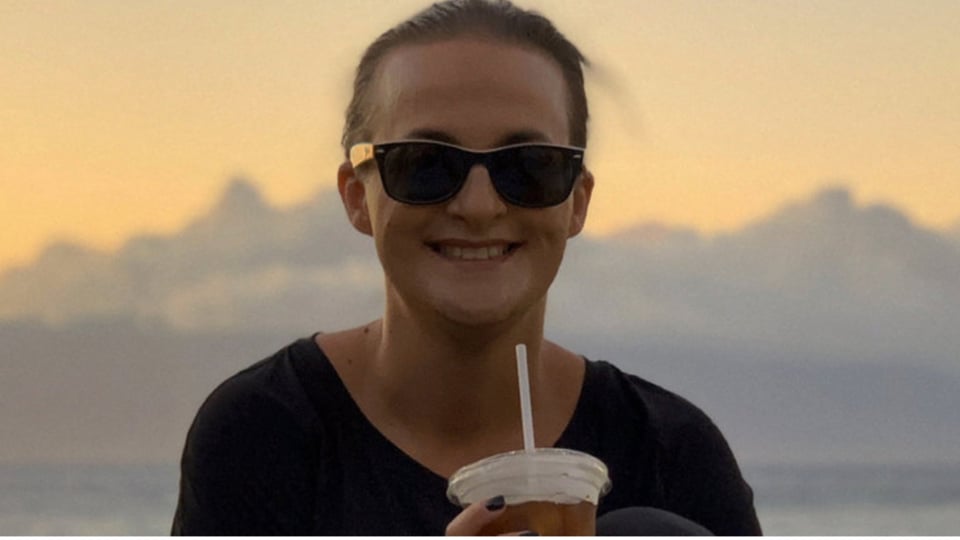Anatomy of Lies expertly explains the Elizabeth Finch scandal
the true crime that's worth your time

At its heart, new Peacock docuseries Anatomy of Lies is a con story, but not one based in financial shenanigans, violence, or espionage. Instead, it's a portrait of the kind of person we've all run into (or even been!) at some point in our lives, but at a radical, bold, and cinematic extreme. That ultimate relatability is one of the reasons the series is so engaging: Elizabeth Finch, the disgraced Grey's Anatomy writer at the show's center, isn't much different from every inveterate liar slash tragedy vampire you knew in middle school, high school, or college, especially if you lived in the kind of place people are yearning to leave. The big difference is that Finch (which is how she's referred to throughout the show, instead of my usual journalistic affectation) played out her fabulist drama while living the life of her dreams. It's a mystery that the reporting this show is based on couldn't really resolve — and, sadly, the series doesn't come up with any new answers.
Paid supporters get the full article in their inbox, everyone else can click through to read Eve’s full review.